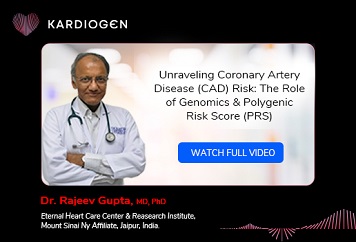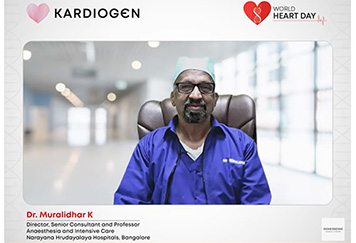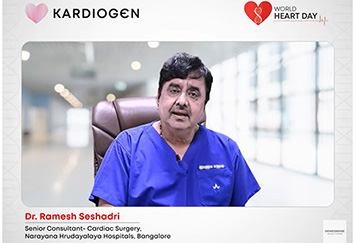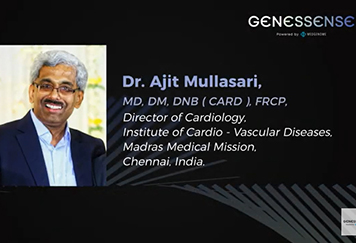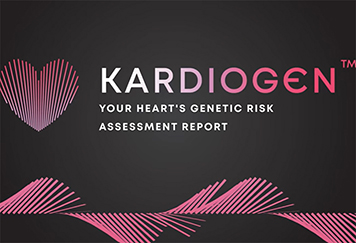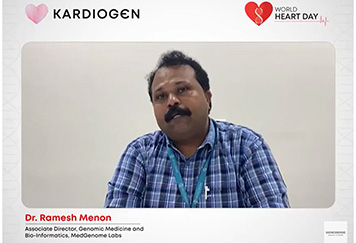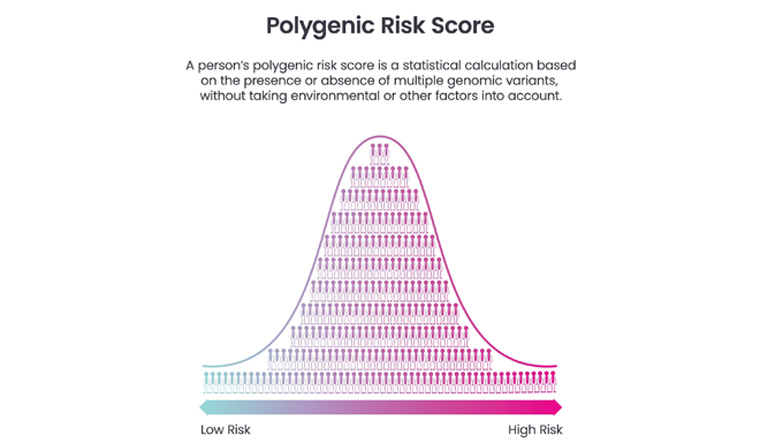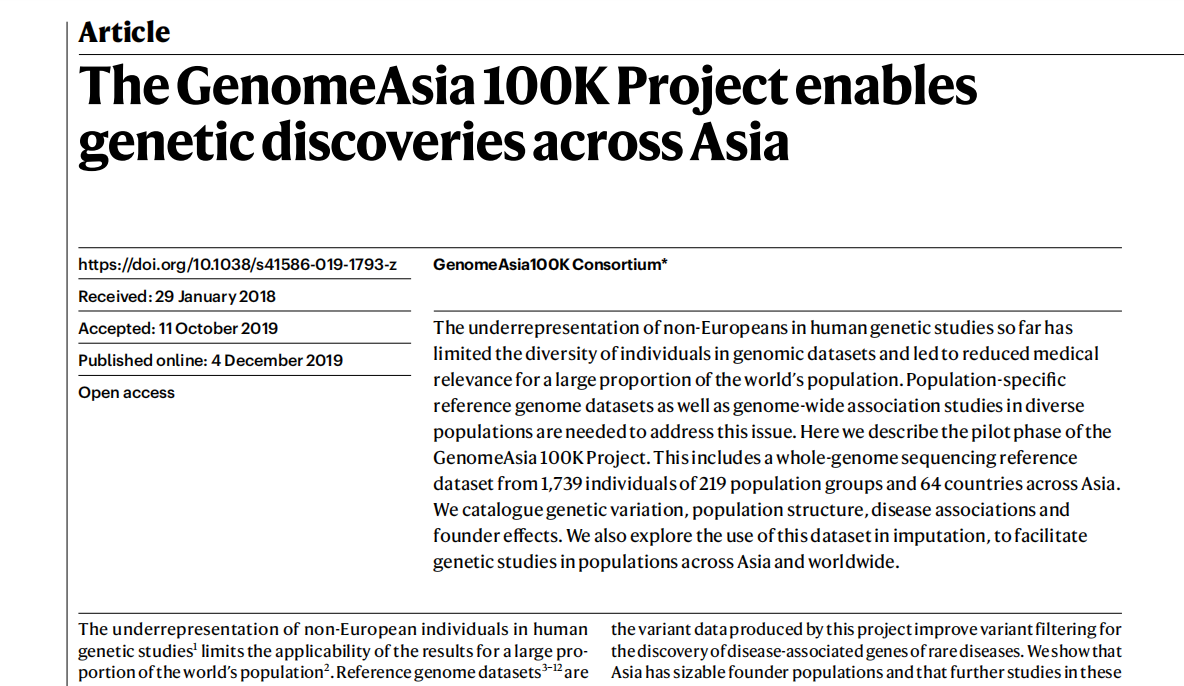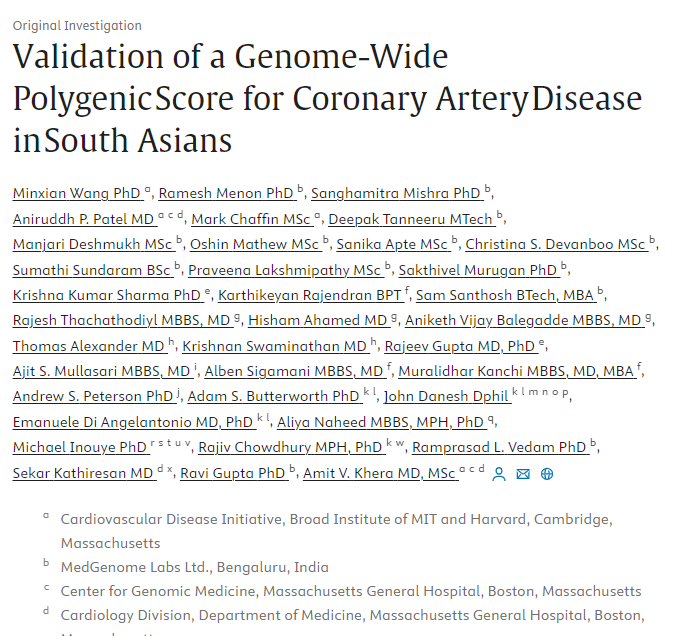Publications
At Genessense, we are committed to continuous innovation and sharing our findings to benefit the genetic testing community. Explore our latest work and other key publications.
The GenomeAsia 100K Project enables genetic discoveries across Asia.
Author: GenomeAsia100K ConsortiumPublication: Nature
Date: December 4, 2019The underrepresentation of non-Europeans in human genetic studies so far has limited the diversity of individuals in genomic datasets and led to reduced medical relevance for a large proportion of the world’s population. Population-specific reference genome datasets as well as genome-wide association studies in diverse populations are needed to address this issue. Here we describe the pilot phase of the GenomeAsia 100K Project. This includes a whole-genome sequencing reference dataset from 1,739 individuals of 219 population groups and 64 countries across Asia. We catalogue genetic variation, population structure, disease associations and founder effects. We also explore the use of this dataset in imputation, to facilitate genetic studies in populations across Asia and worldwide...
Validation of a Genome-Wide Polygenic Score for Coronary Artery Disease in South Asians.
Author: Minxian Wang, Ramesh Menon, Sanghamitra Mishra, Aniruddh P. Patel,……….. Vedam L Ramprasad, Sekar Kathiresan, Ravi Gupta, Amit V. Khera.Publication:
Journal of the American College of Cardiology
Genome-wide polygenic scores are a new approach to quantify inherited risk for a given disease using information from many common sites of DNA variation. The predictive capacity of a polygenic score for coronary artery disease in South Asians - a population that suffers from coronary artery disease at significantly higher rates - is largely unknown. Here, we build a polygenic score consisting of over 6.6 million common DNA variants and a workflow for ancestry-corrected risk quantification. Results confirm striking and consistent relationships with coronary artery...
The Genetic Drivers of Juvenile, Young, and Early-Onset Parkinson's Disease in India.
Author: Shan V Andrews, Prashanth L Kukkle, Ramesh Menon, Thenral S Geetha ……..., Ravi Gupta 4, Vedam L Ramprasad, Parkinson Research Alliance of India (PRAI).Publication: Movement Disorders
Date: November 28, 2023Background: Recent studies have advanced our understanding of the genetic drivers of Parkinson's disease (PD). Rare variants in more than 20 genes are considered causal for PD, and the latest PD genome-wide association study (GWAS) identified 90 independent risk loci. However, there remains a gap in our understanding of PD genetics outside of the European populations in which the vast majority of these studies were focused. Objective: The aim was to identify genetic risk factors for PD in a South Asian population. Methods: A total of 674 PD subjects predominantly with age of onset (AoO) ≤50 years (encompassing juvenile, young, or...
South Asian medical cohorts reveal strong founder effects and high rates of homozygosity.
Author: Jeffrey D. Wall, J. Fah Sathirapongsasuti, Ravi Gupta, Asif Rasheed,………… Vedam L. Ramprasad, Prashanth L. Kukkle, Somasekar Seshagiri, Sekar Kathiresan, Arkasubhra Ghosh, V. Mohan, Danish Saleheen, Eric W. Stawiski & Andrew S. Peterson.Publication:
Nature Communications
The benefits of large-scale genetic studies for healthcare of the populations studied are well documented, but these genetic studies have traditionally ignored people from some parts of the world, such as South Asia. Here we describe whole genome sequence (WGS) data from 4806 individuals recruited from the healthcare delivery systems of Pakistan, India and Bangladesh, combined with WGS from 927 individuals from isolated South Asian populations. We characterize population structure in South Asia and describe a genotyping array (SARGAM)...
The clinical application of polygenic risk scores: A points to consider statement of the American College of Medical Genetics and Genomics (ACMG).
Author: Aya Abu-El-Haija, Honey V Reddi, Hannah Wand, Nancy C Rose, Mari Mori, Emily Qian, Michael F Murray, ACMG Professional Practice and Guidelines Committee.Publication:
Genetics in Medicine
This document offers guidance to the health care provider who seeks to understand the challenges and limitations of applying PRS testing in patient care. The ACMG has developed this Points to Consider document to address the potential value of PRS given the limited evidence-base for clinical utility. It outlines the general considerations for the clinical application of PRS. An accompanying ACMG Points to Consider document addresses considerations for the development, implementation, and reporting of PRS from a laboratory perspective...
Lipid Association of India 2023 update on cardiovascular risk assessment and lipid management in Indian patients: Consensus statement IV.
Author: JRaman Puri, Manish Bansal, Vimal Mehta, P Barton Duell,………. K K Pareek, Pradeep Kumar Dabla, Rashmi Nanda, J C Mohan.Publication:
Journal of Clinical Lipidology
Objective: In 2016, the Lipid Association of India (LAI) developed a cardiovascular risk assessment algorithm and defined low-density lipoprotein cholesterol (LDL-C) goals for prevention of atherosclerotic cardiovascular disease (ASCVD) in Indians. The recent refinements in the role of various risk factors and subclinical atherosclerosis in prediction of ASCVD risk necessitated updating the risk algorithm and treatment goals. Methods: The LAI core committee held twenty-one meetings and webinars from June 2022 to July 2023 with experts across India and critically reviewed the latest evidence regarding the strategies for...
Polygenic Risk Scores for Cardiovascular Disease: A Scientific Statement From the American Heart Association.
Author: Jack W O'Sullivan, Sridharan Raghavan, Carla Marquez-Luna, Jasmine A Luzum,…………… Council on Lifestyle and Cardiometabolic Health; and Council on Peripheral Vascular Disease.Publication: Circulation
July 18, 2022Cardiovascular disease is the leading contributor to years lost due to disability or premature death among adults. Current efforts focus on risk prediction and risk factor mitigation' which have been recognized for the past half-century. However, despite advances, risk prediction remains imprecise with persistently high rates of incident cardiovascular disease. Genetic characterization has been proposed as an approach to enable earlier and potentially tailored prevention. Rare mendelian pathogenic variants predisposing to cardiometabolic conditions have long been known...
Validation of a Genome-Wide Polygenic Score for Body Mass Index in South Asians
Author: Menon R, Khan N, Charugulla S, Bassi A, Dangare P, Dedaniya A, Pant A, Anjanappa R, Samson PL, Satagopan U, Murugan S, Naikawadi A, Ramprasad VL, Gupta RPublication: Frontiers in Genetics
November 27, 2025Obesity is a complex disorder, manifested by the interaction of inherited and environmental factors and modulated by a person's lifestyle habits. India has witnessed more than a two-fold increase in the number of overweight adults in the last 30 years. The polygenic risk score (PRS) quantitatively measures an individual's risk for common diseases. The PRS for obesity have been validated in the Caucasian population but not in the South Asian (SAS) population. In this study, we benchmarked and validated the existing genome-wide PRS model of obesity with 2.1 million variants in the SAS population. We analyzed a total of 14,263 individuals from three different...
Choose our screening test
Genetic screening from the comfort of your home in
5 easy steps
Talk to our expert Genetic Counselors,
pre and post genetic screening to understand better.
Know more














